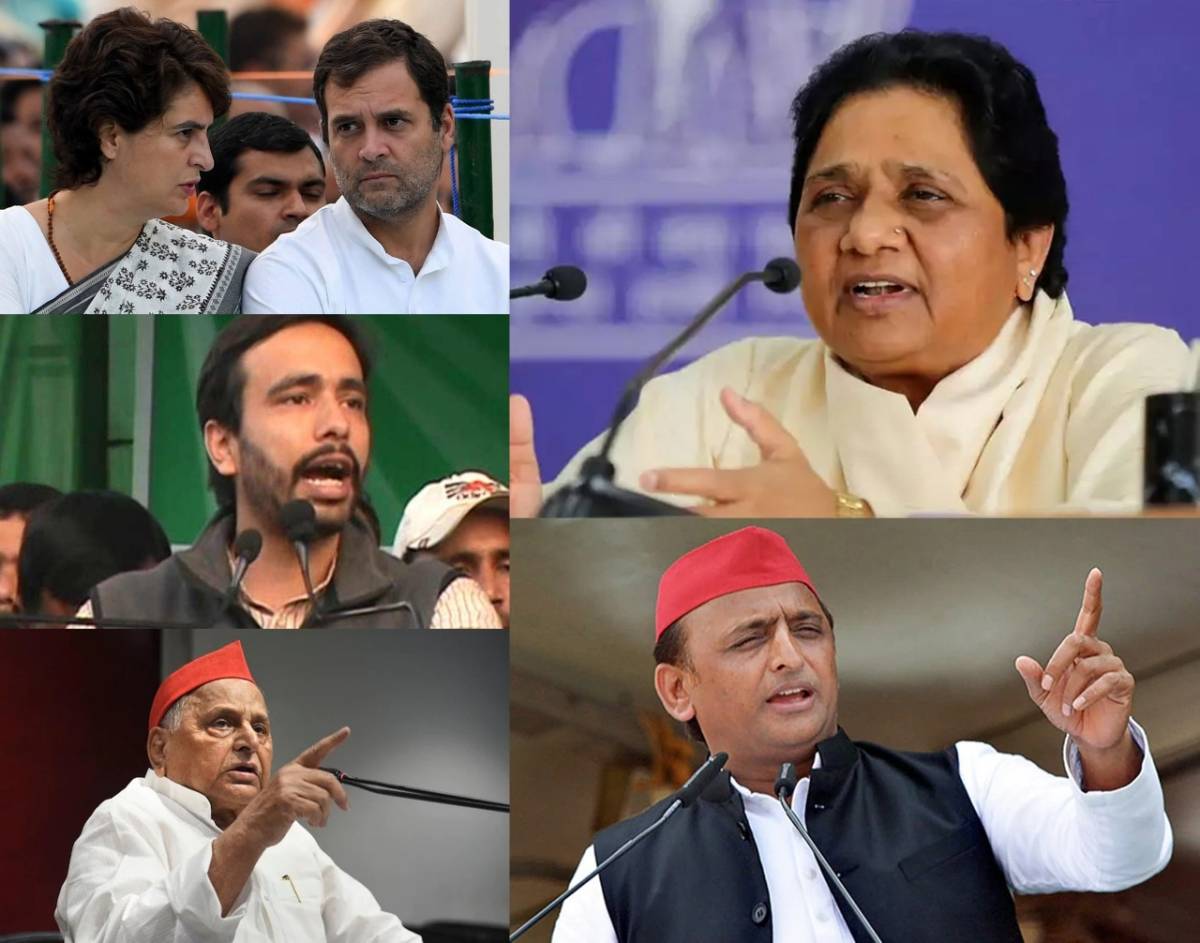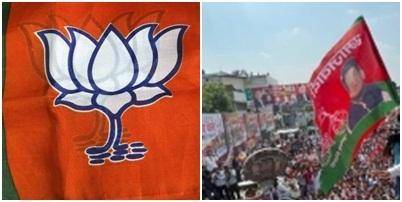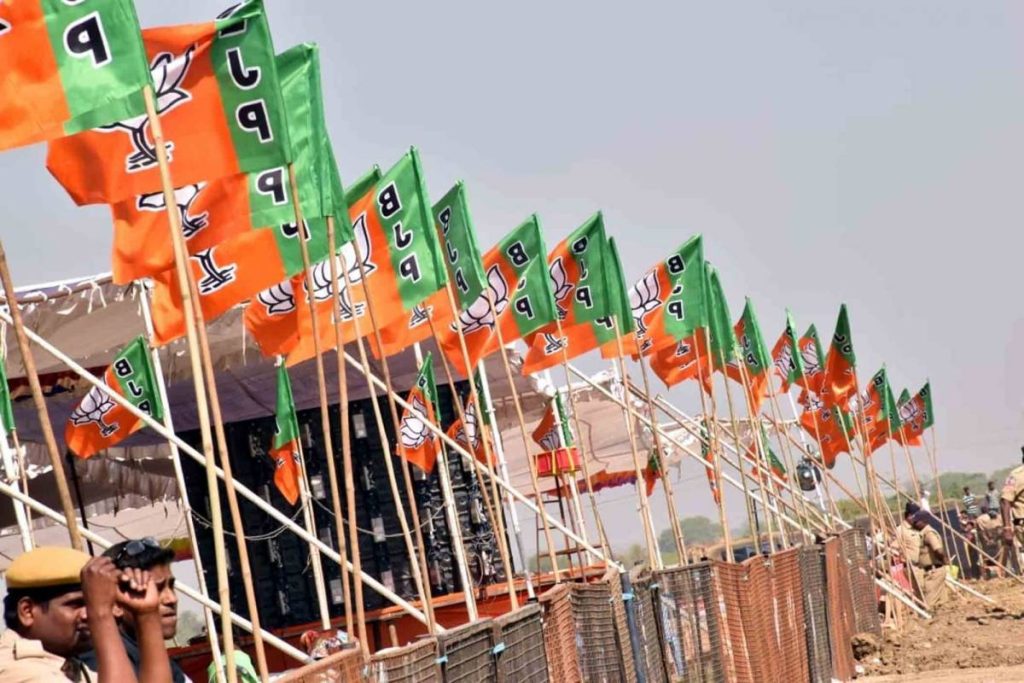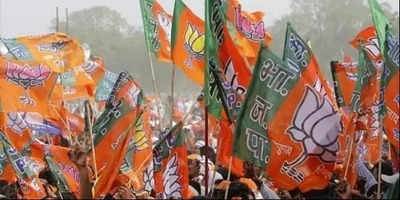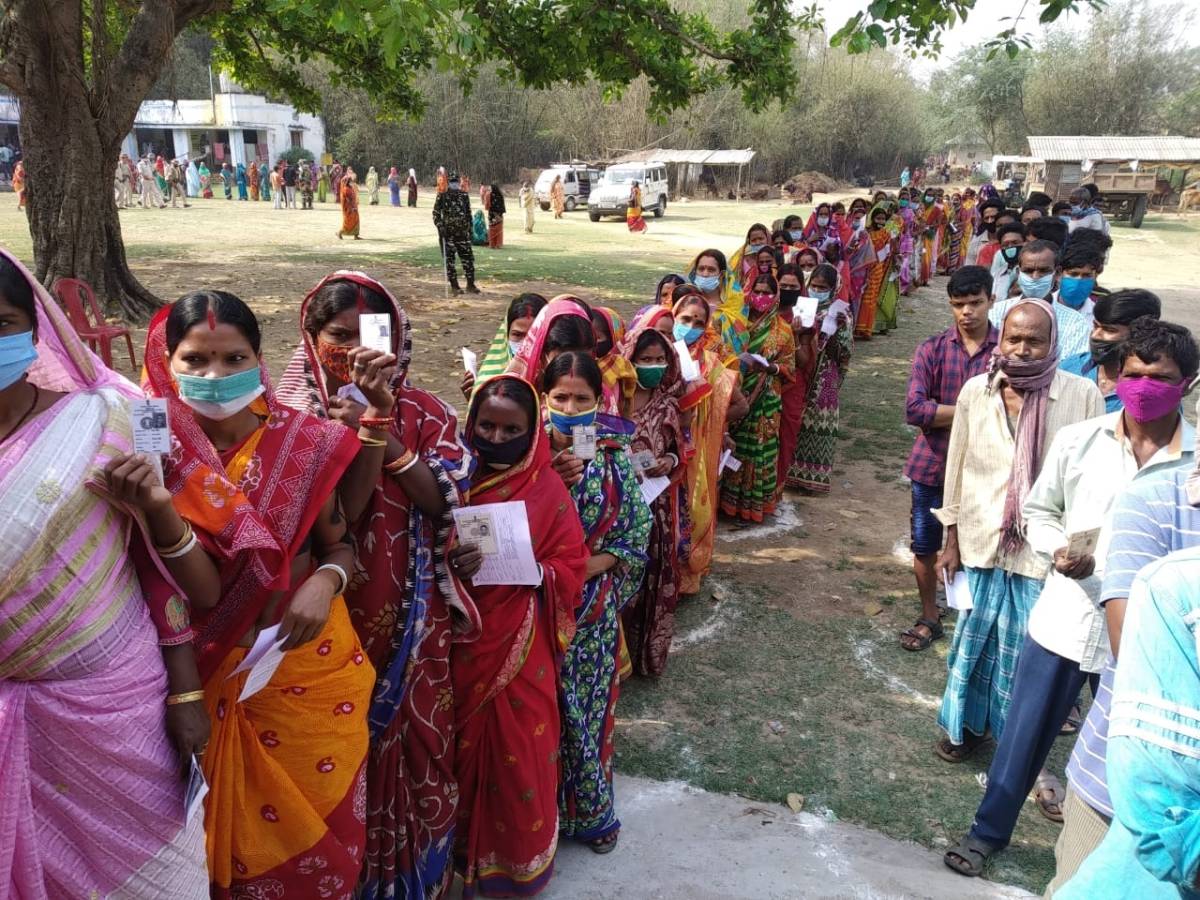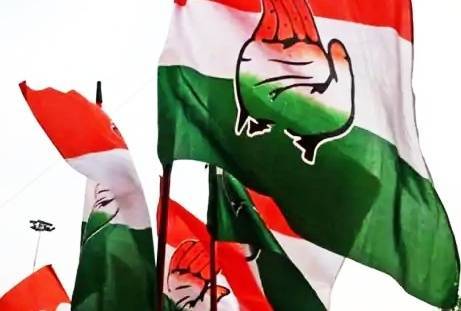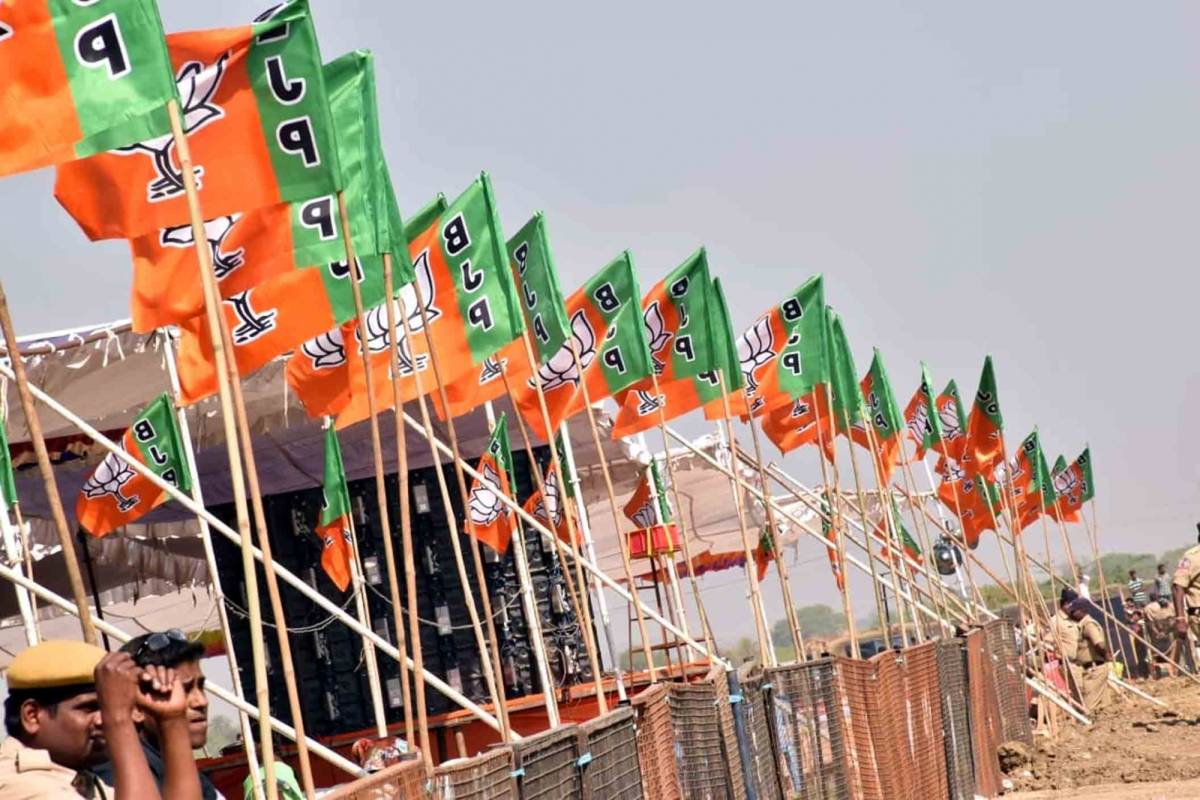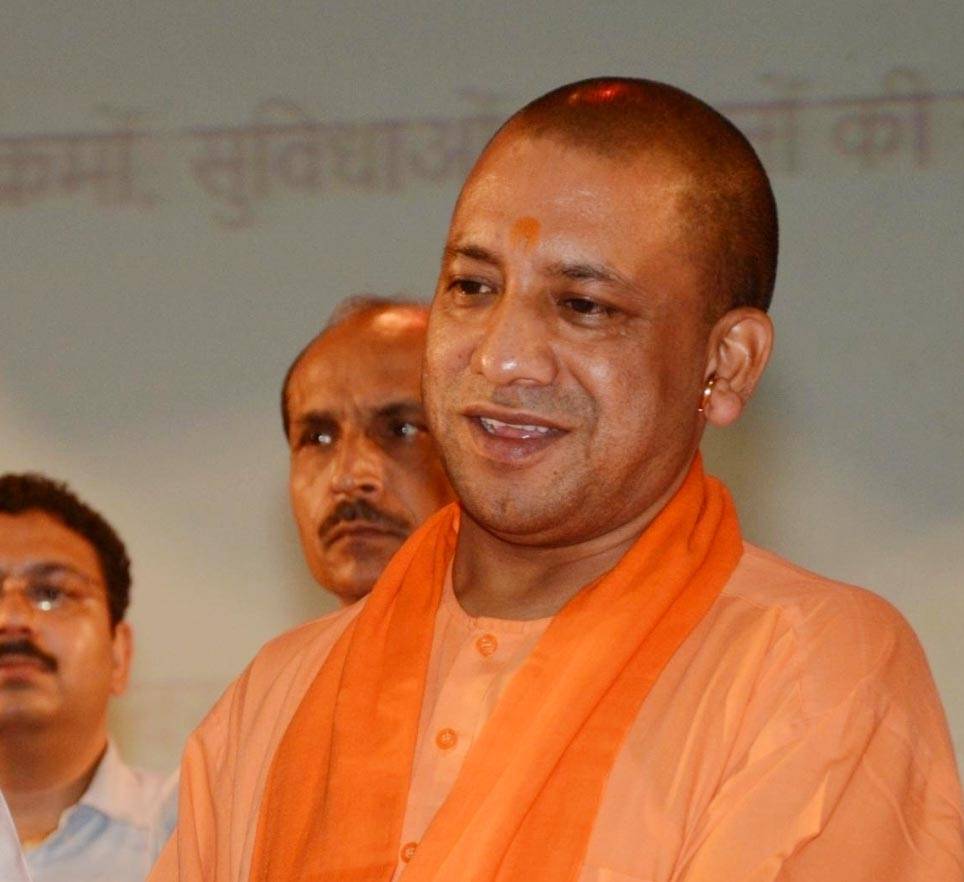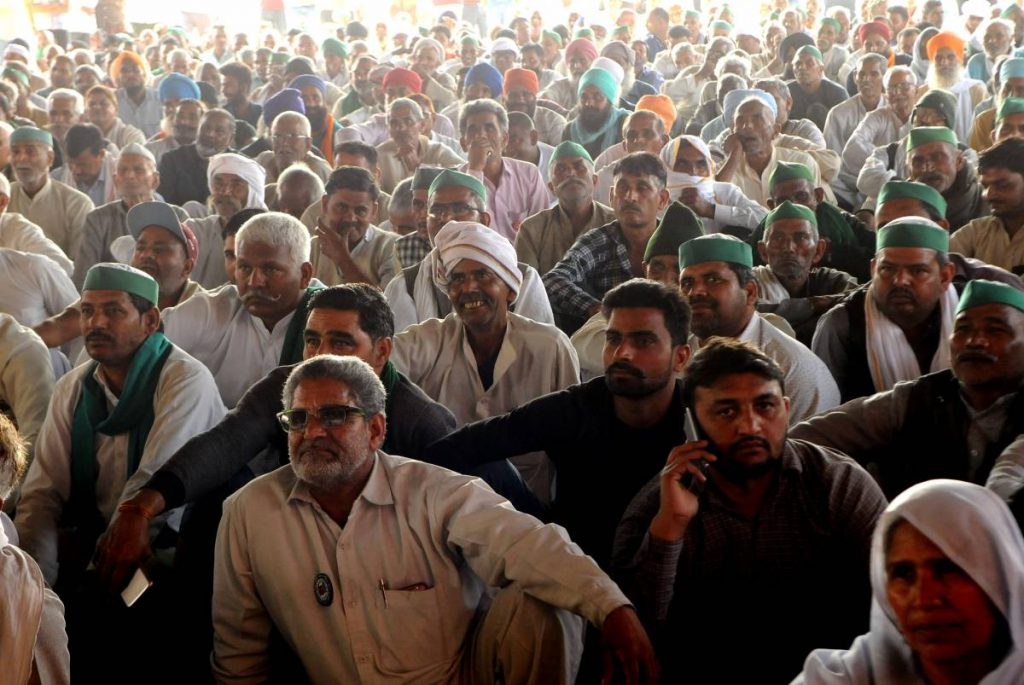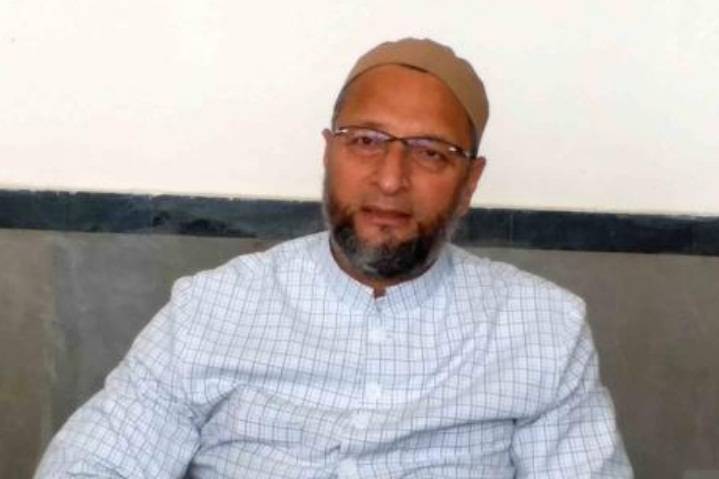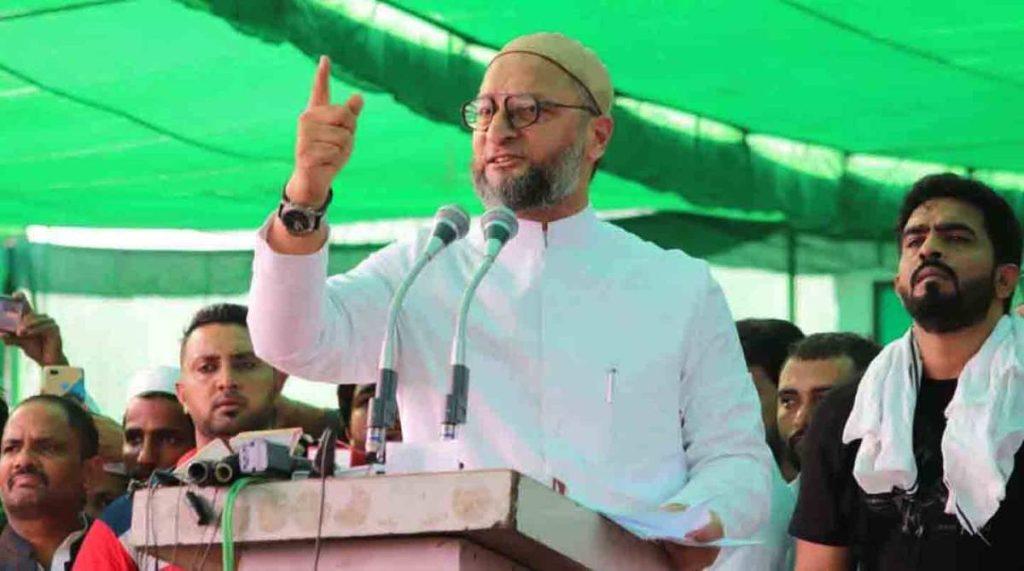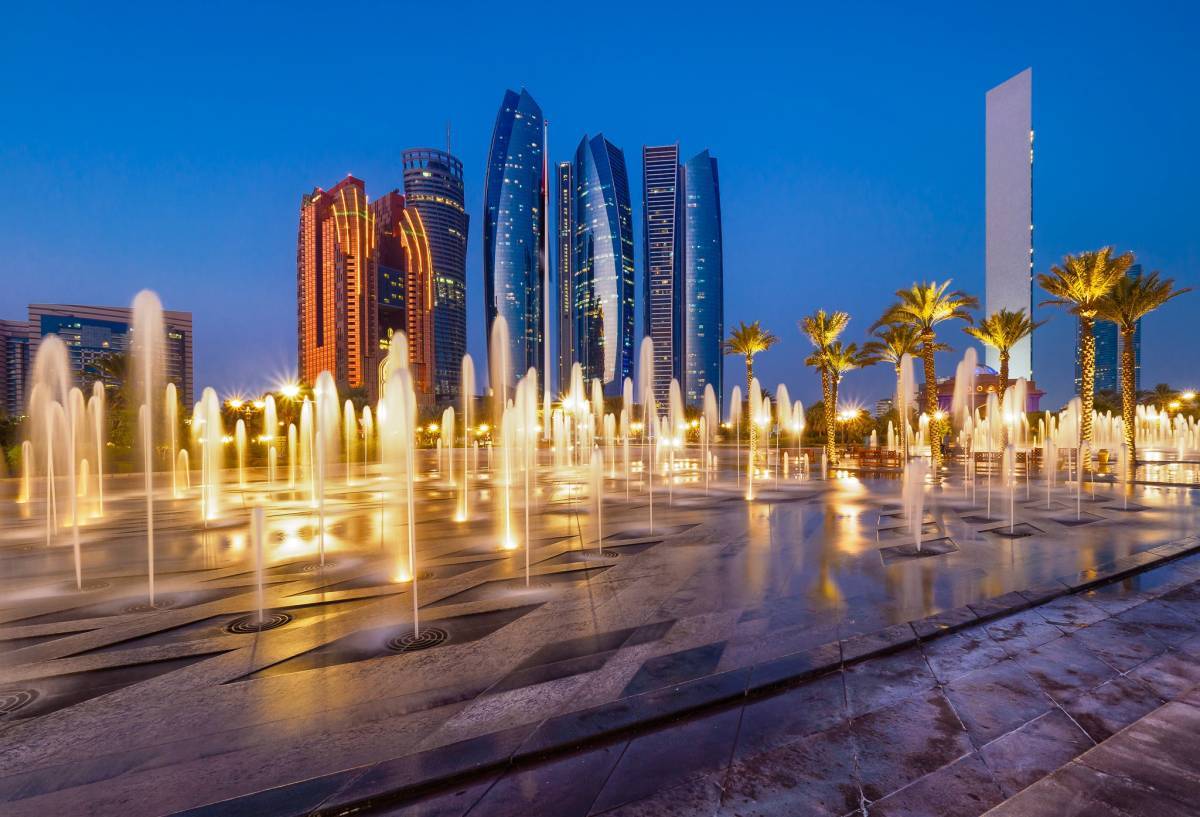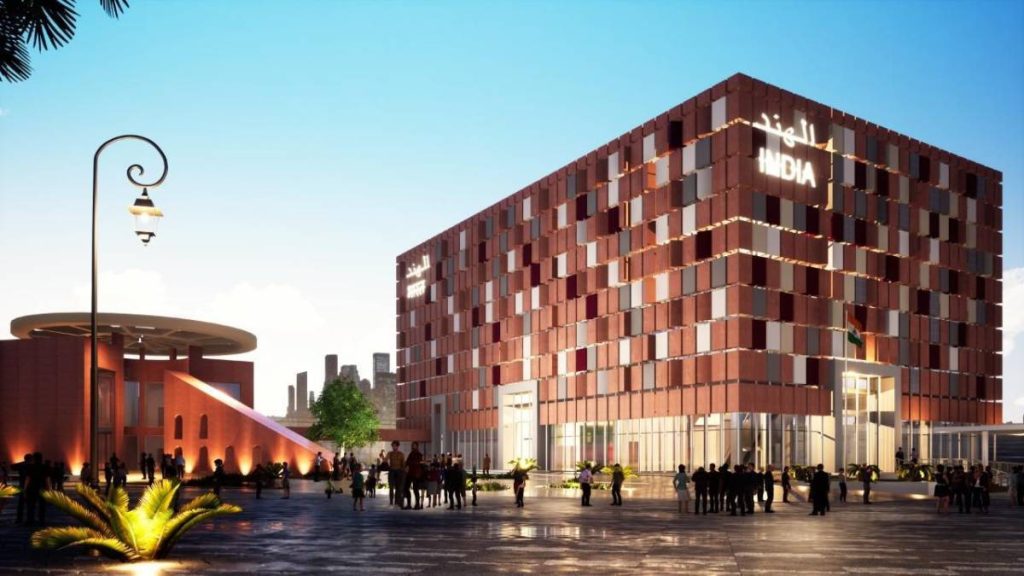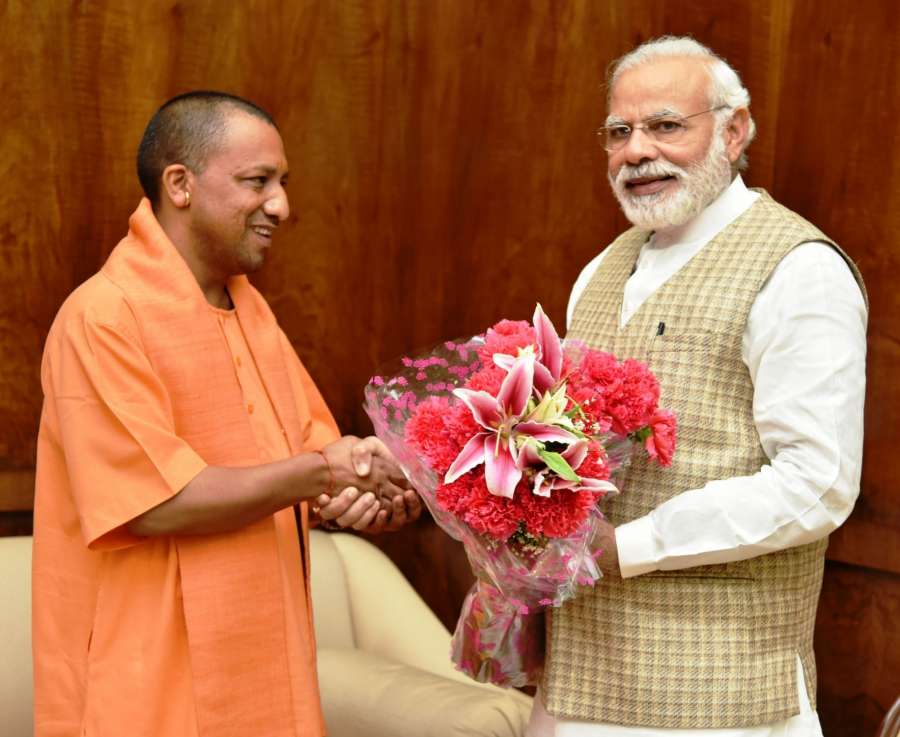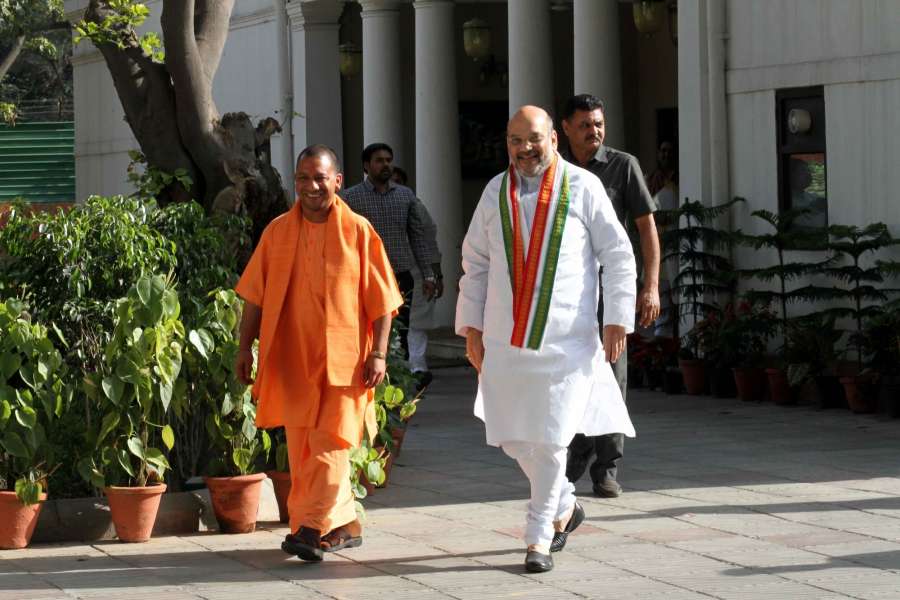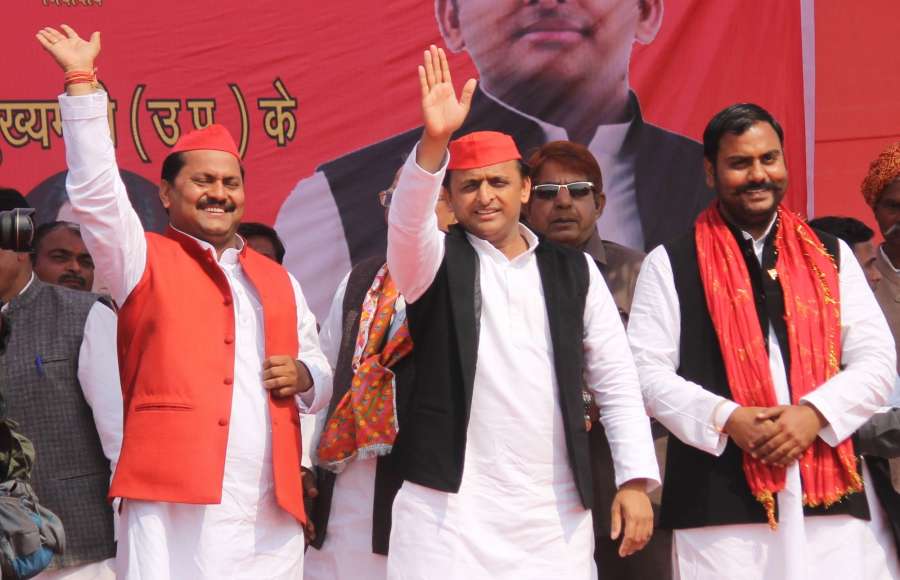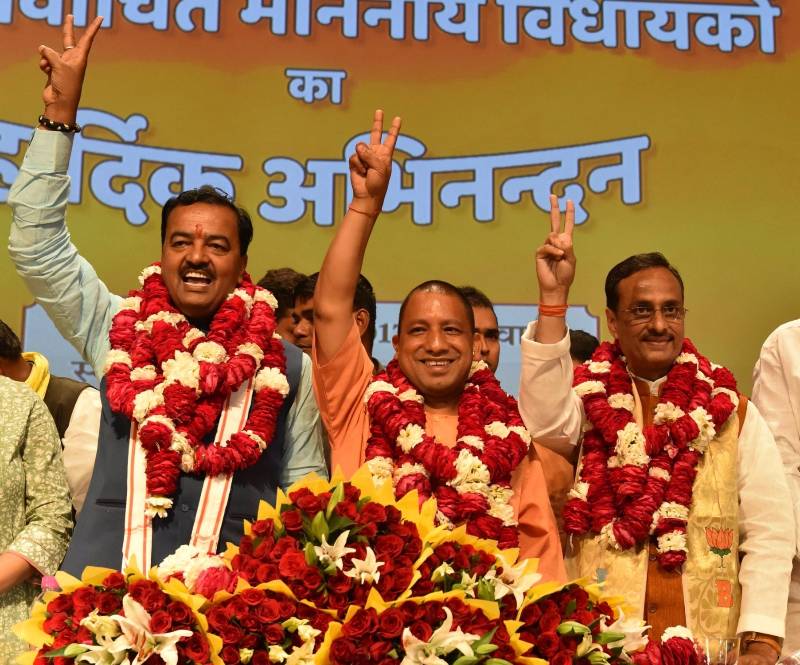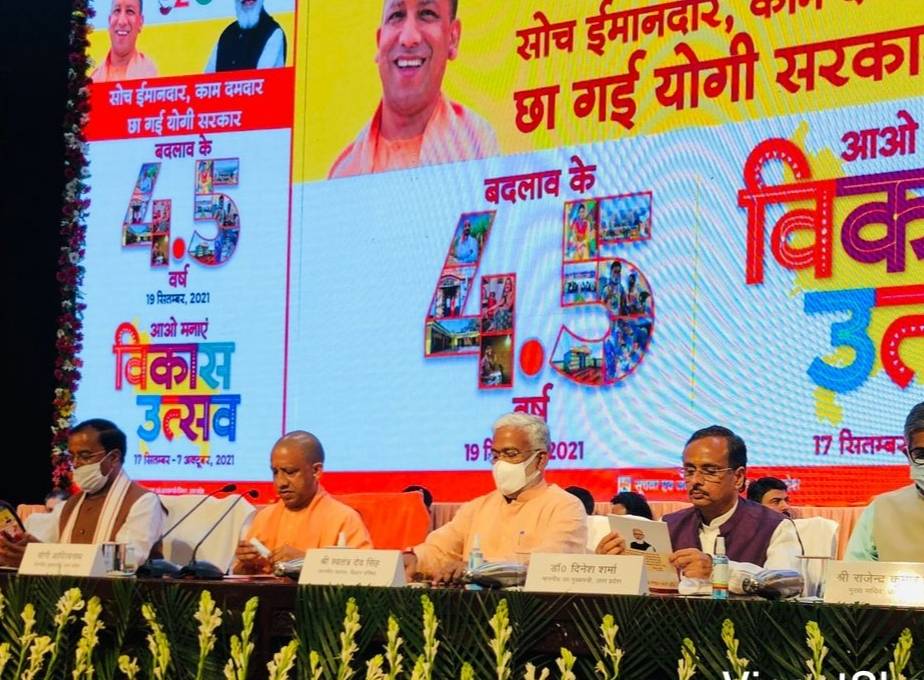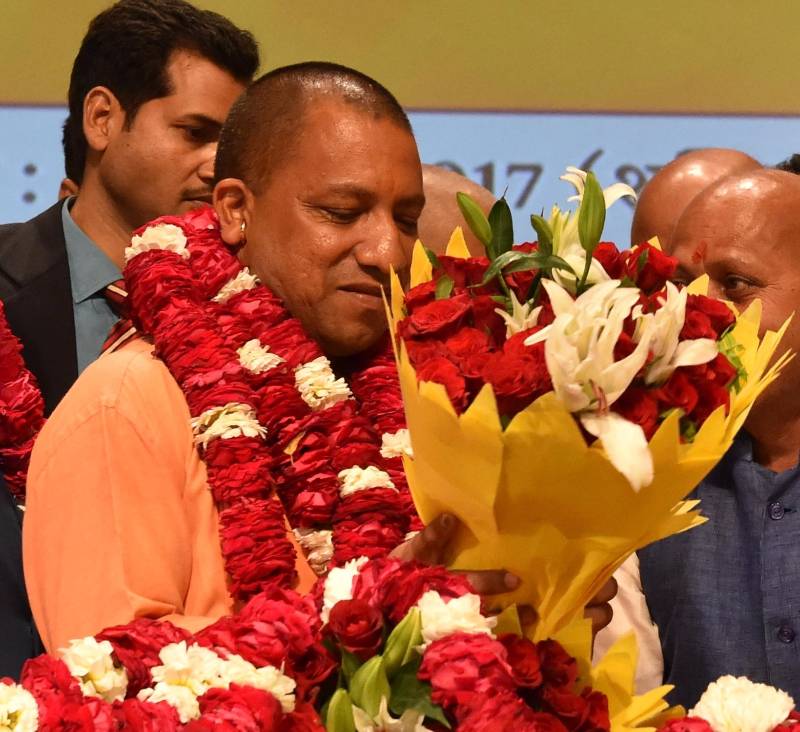Interestingly, most of these leaders belong to the new generation and this is the first time that they are in full command of the party they are heading, a report by Amita Verma
The 2022 assembly elections in Uttar Pradesh are more than just about forming a government.
This is a ‘do-or-die’ battle for those leaders whose political future depends on the outcome of the elections.
Interestingly, most of these leaders belong to the new generation and this is the first time that they are in full command of the party they are heading.
The leader who faces the biggest challenge of his political career in this election is Samajwadi Party president Akhilesh Yadav.
Having positioned himself as the main challenger to the ruling BJP, Akhilesh has single-handedly led the campaign, stitched up alliances and even selected candidates.
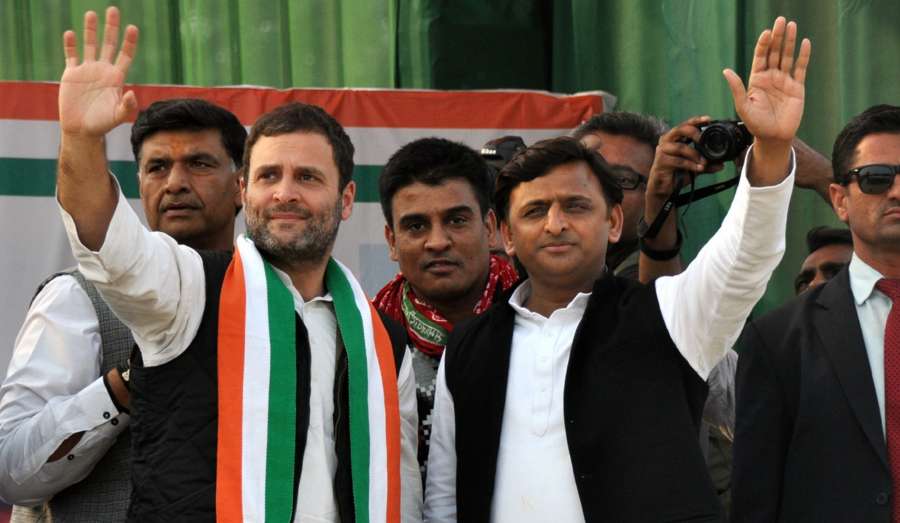
In 2017 and 2019, leaders like Mulayam Singh Yadav and Prof Ram Gopal Yadav had helped Akhilesh. Mulayam in 2019, had openly expressed his dissent on the alliance with the Bahujan Samaj Party.
This time, Mulayam Singh Yadav has stayed away from election-related activities though he does make an occasional appearance at the party office.
The credit – or the blame – of the SP performance in the 2022 elections will, therefore, fall squarely on the fragile shoulders of Akhilesh Yadav. The outcome could make or mar his career, as most senior party leaders claim.
Another leader in the same league is Congress general secretary Priyanka Gandhi Vadra who is in total charge of the party’s state unit.
Priyanka is finalising the poll strategy, selection of candidates and also the mood of the campaign. While she has focussed on the election strategy, she has failed to check the health of the party’s state unit which is witnessing an unprecedented exodus of leaders.
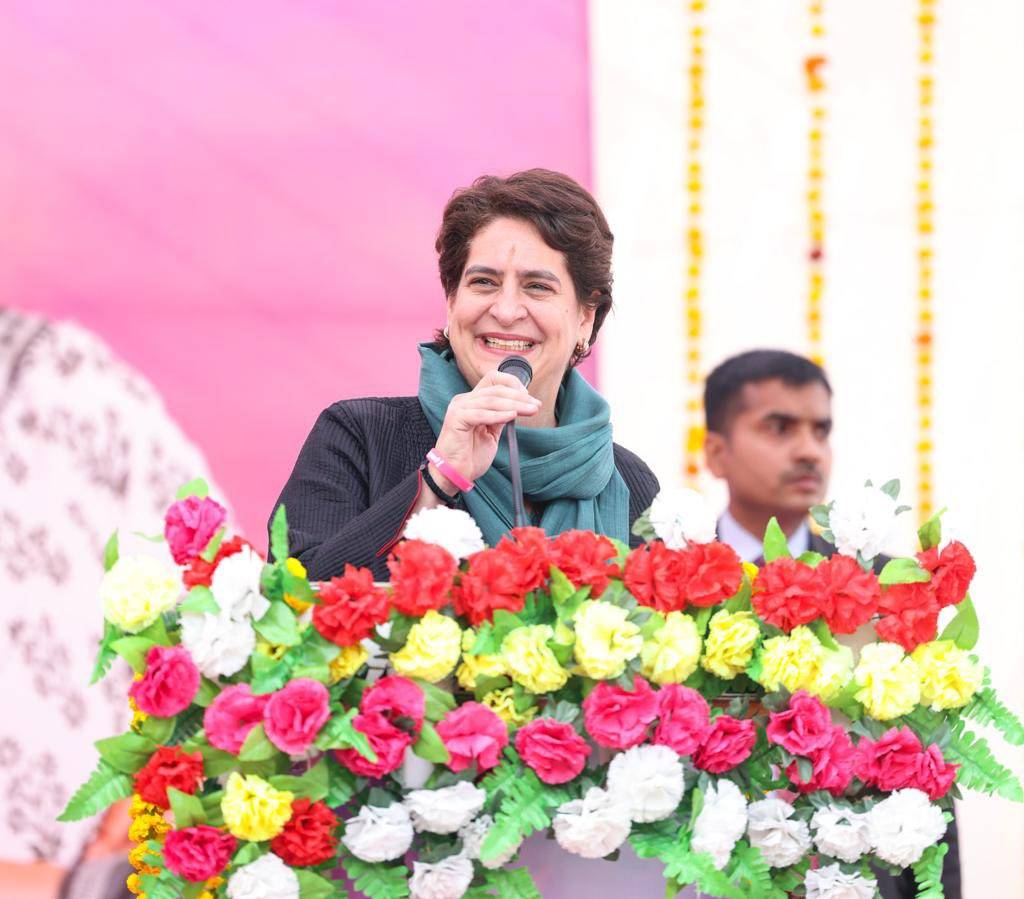
Her campaign for women and 40 per cent reservation for them in party tickets may have created a buzz in state politics but whether it will reap benefits for the Congress remains to be seen.
The Congress has also been losing leader after leader to other parties and this has left the cadres rather demoralised.
Since this is Priyanka’s first independent political outing, the result will decide her future in the Congress.
What makes her task even more daunting is the fact that this time, Priyanka’s mother and Congress president Sonia Gandhi will not be campaigning due to health issues and her brother Rahul Gandhi has also kept himself away for unexplained reasons.
If the Congress fails to achieve the desired results in these elections, it will be Priyanka’s second failure after 2019 when she had taken charge of UP and Rahul Gandhi lost his Amethi seat.
Her failure this time could bring out the knives and also create hurdles in her elevation to national politics.
Jayant Chaudhary, president of the Rashtriya Lok Dal (RLD), is also facing a make-or-break battle in the UP elections.
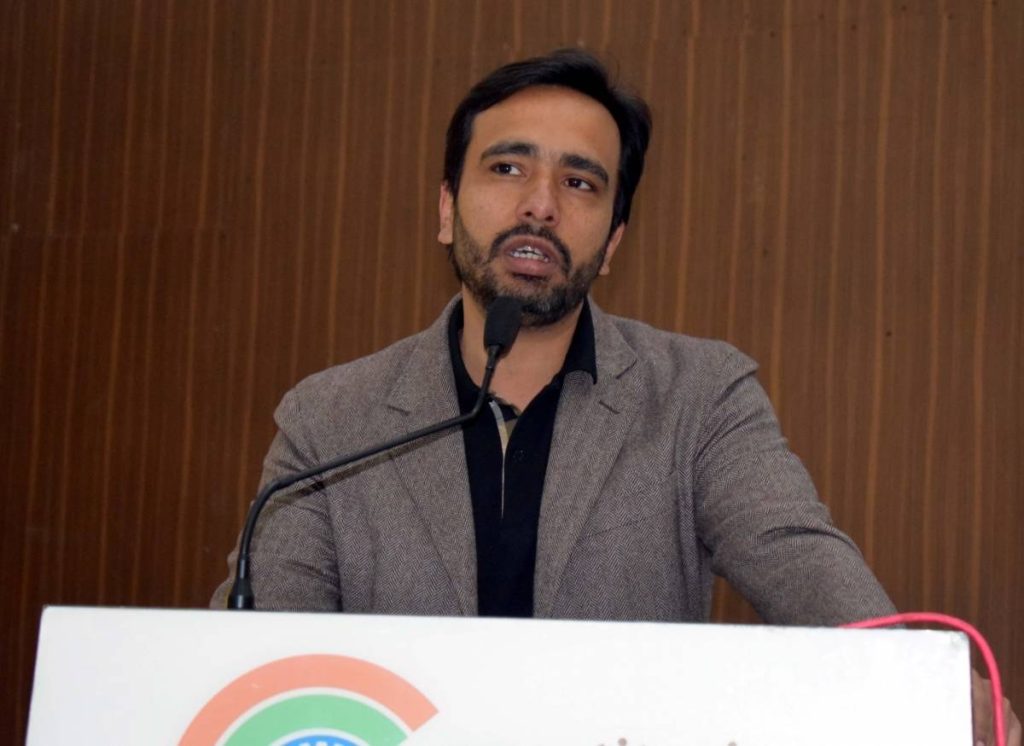
This is the first time that he is independently leading his party into elections after the demise of his father Chaudhary Ajit Singh.
Jayant has the advantage of being the sole political beneficiary of the year-long farmers’ agitation and his political handling of the election scenario could revive his party that has been languishing in the sidelines for long.
If the RLD performs as per expectation in these elections, Jayant will be able to establish himself as the undisputed political leader of the Jats.
These elections are extremely crucial for Mayawati, president of the Bahujan Samaj Party. The BSP is at its lowest ebb and Mayawati’s unexplained absence from the campaign has demoralised the cadres.
If the BSP fails to get a decent number of seats, it could further isolate the party in Uttar Pradesh and put Mayawati in an uncomfortable position.
ALSO READ: BJP begins door-to-door campaign in Uttar Pradesh

